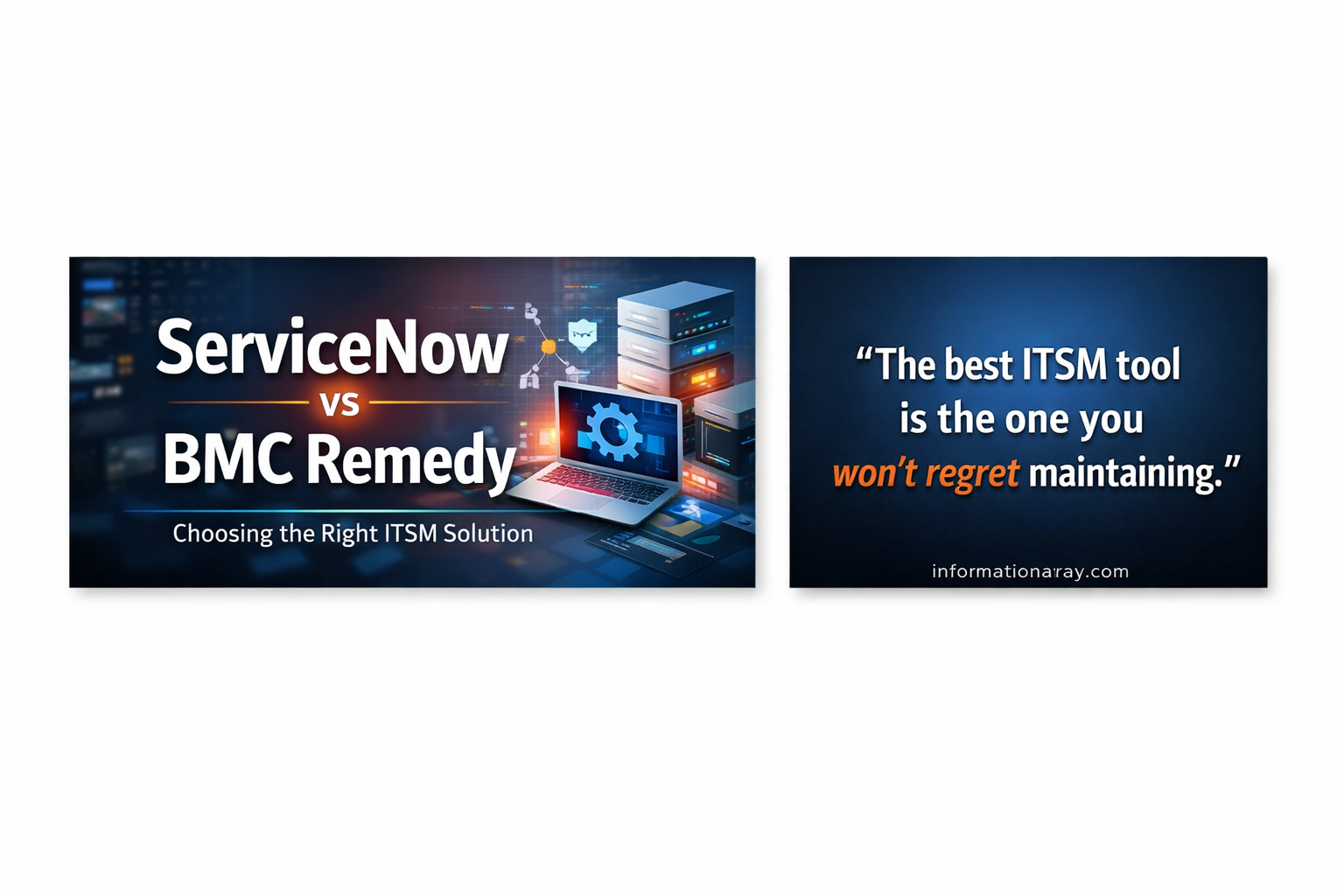Appium vs. Appium Studio: Choosing the Ideal Mobile Testing Tool
Mobile application testing is a critical component of delivering high-quality apps, and automation tools like Appium and Appium Studio have emerged as key players in this domain. In this blog post, we’ll dive deep into the intricacies of both tools, comparing their features, capabilities, and nuances. By the end of this comparison, you’ll be well-equipped to decide which tool is the perfect fit for your mobile application testing needs.
Appium: The Open-Source Solution
Overview: Appium is a renowned open-source automation testing tool designed for both Android and iOS platforms. Testers can script tests using diverse programming languages such as Java, Python, Ruby, and C#. Appium utilizes Selenium WebDriver to facilitate interactions with mobile applications, catering to both native and hybrid app testing scenarios.
Appium’s Strengths:
- Cross-Platform Support: A standout feature is Appium’s compatibility with both Android and iOS platforms, enabling consistent testing.
- Programming Language Variety: Testers have the flexibility to choose from various programming languages, enhancing convenience.
- Native and Hybrid App Testing: Appium adeptly handles the intricacies of testing both native and hybrid mobile apps.
- Standard Automation APIs: Leveraging platform-specific automation APIs ensures precise simulation of user actions.
- Engaged Community: Being open-source, Appium benefits from an active community, leading to continuous improvements.
Appium Studio: The Enhanced Edition
Overview: Appium Studio is a commercial iteration of Appium, aiming to enrich the automation testing experience. It offers a comprehensive mobile test automation solution, featuring advanced reporting, test development tools, and efficient management capabilities.
Appium Studio’s Advantages:
- Simplified Setup: Appium Studio streamlines setup and configuration, simplifying the initial steps to begin testing.
- Robust Reporting: The tool provides in-depth reporting features that offer detailed insights into test results for thorough analysis.
- Device Management: Appium Studio enhances device management, allowing seamless control over physical devices and emulators.
- Collaboration Tools: The tool fosters easier collaboration among testers, developers, and stakeholders through integrated features.
- Professional Support: As a commercial product, Appium Studio provides dedicated support and regular updates.
Certainly, here’s a comparison table highlighting the differences between Appium and Appium Studio:
| Aspect | Appium | Appium Studio |
|---|---|---|
| Type | Open-source automation testing tool | Commercial version of Appium |
| Platform Support | Android, iOS | Android, iOS |
| Programming | Java, Python, Ruby, C# | Java, Python, Ruby, C# |
| Interaction | Selenium WebDriver | Appium WebDriver |
| Application | Native and hybrid apps | Native and hybrid apps |
| Setup Required | Setup and configuration needed | Simplified setup and configuration |
| Advanced Reporting | Not provided | Enhanced reporting features |
| Device Management | Standard | Improved control over devices and emulators |
| Collaboration | Standard | Integrated features for better collaboration |
| Professional Support | Community support | Dedicated professional support |
| Special Features | Standard functionality | Enhanced test development and management features |
| Compatibility | Cross-platform versatility | Cross-platform versatility |
Note: This comparison table highlights the key differences between Appium and Appium Studio, aiding you in making an informed decision for your mobile application testing needs.
Making the Right Choice
Choosing between Appium and Appium Studio hinges on your project’s requirements. If you value open-source flexibility and a wide range of programming language support, Appium is an excellent choice. Conversely, if you seek streamlined setup, advanced reporting, and professional support, Appium Studio might be worth the investment.
Both Appium and Appium Studio excel in mobile app testing, but they cater to different priorities. Appium’s open-source nature and cross-platform capabilities offer customization, while Appium Studio elevates testing with streamlined processes, comprehensive reporting, and professional support. To make the optimal decision, evaluate your project’s needs, and choose the tool that aligns best with your team’s objectives.









